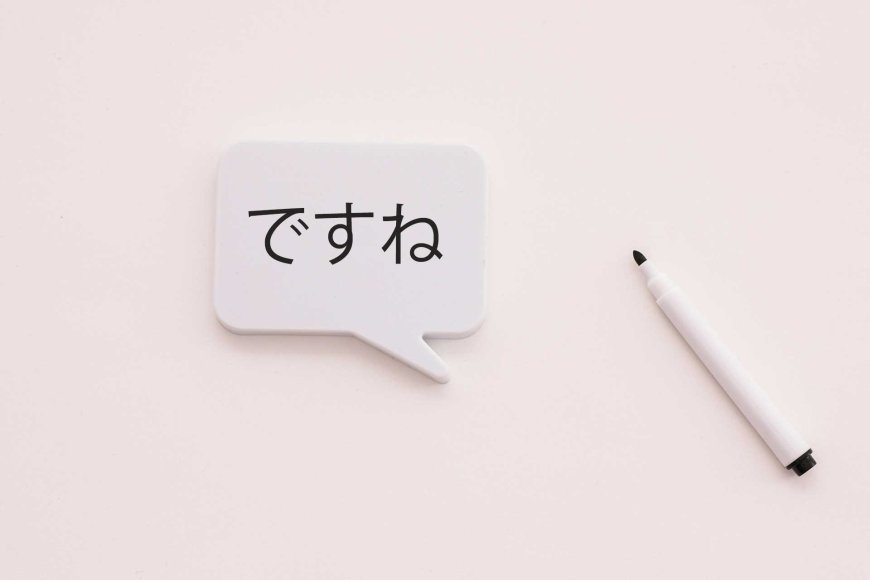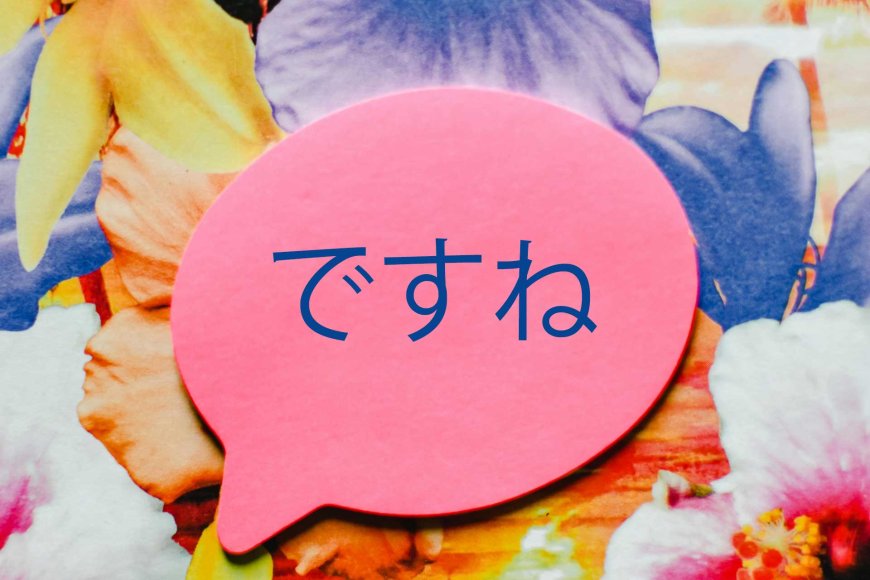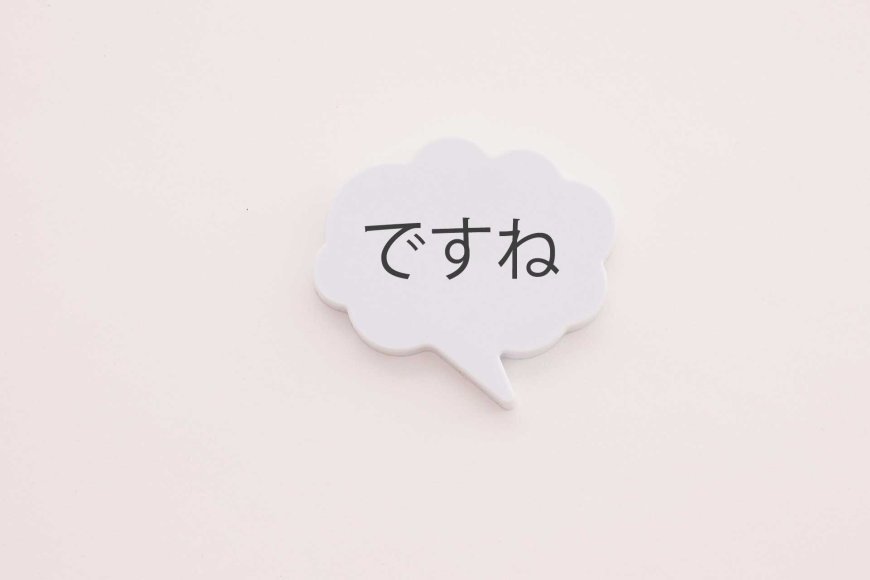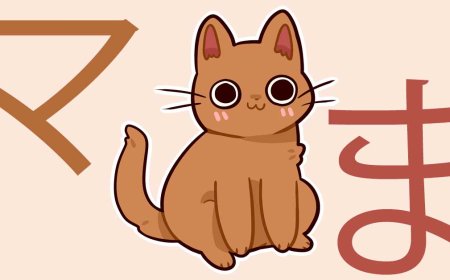What does "desu ne" mean in Japanese?
Ever wondered why a simple phrase like "desu ne" (ですね) holds so much weight in Japanese conversations? Dive into the subtle art of Japanese social interaction, where intonation speaks volumes and cultural cues abound.

Nuances of Intonation in Japanese Conversations
In Japanese social interactions, even seemingly simple phrases carry layers of meaning and cultural nuances. One such phrase is "desu ne," a common expression in Japanese conversations. For intermediate Japanese learners, grasping the subtleties of how this phrase is delivered can significantly enhance their understanding of social dynamics in Japan.

The Upward Intonation: Inviting Agreement
When a native Japanese speaker adds "desu ne" with an upward intonation, akin to the rising inflection in English questions, they are not merely making a statement. Rather, they are extending an invitation for your opinion or agreement. It's a gentle prompt, inviting you to share your thoughts or affirm their statement.
For instance, if your friend remarks on the pleasant weather by saying, "Kyou wa ii tenki desu ne?" (Today's weather is nice, isn't it?), they are seeking validation or agreement from you. In Japanese culture, direct disagreement is often avoided to maintain harmony, so responding with a non-committal sound like "Hmm..." is considered polite, even if you don't entirely agree.
Interestingly, failing to align with this conversational dance of agreement can sometimes lead to misunderstandings. "Sou desu ne" functions as a social lubricant, ensuring the smooth flow of conversation without causing friction.

The Downward Intonation: Asserting Agreement
Conversely, when "ne" is delivered with a downward intonation, signaling confidence and certainty, it carries a different implication. In this context, the speaker is not seeking your opinion but rather affirming their own stance, often expecting agreement from the listener.
Imagine a scenario where someone says, "Ashita wa yasumi desu ne," (Tomorrow is a day off, right?), with a downward inflection. Here, the speaker is expressing their conviction about tomorrow being a holiday and expects you to acknowledge or affirm this shared understanding.
Much like in English, where tag questions like "Huh?" or "Eh?" can convey different shades of meaning depending on intonation, "ne" in Japanese serves as a subtle indicator of the speaker's confidence and openness to discussion.

Exploring the Cultural Landscape
Understanding the nuances of "desu ne" goes beyond language proficiency; it delves into the intricate fabric of Japanese social norms and communication styles. Whether it's the charming lilt of upward intonation or the steady rhythm of downward intonation, these nuances shape the flow of conversations and interactions in Japan.
For intermediate Japanese learners, paying attention to the intonation of "desu ne" offers valuable insights into the underlying dynamics of Japanese communication. Learning Japanese isn't only about getting good at words and grammar. It's also about understanding the tricky parts of Japanese culture.
So the next time you hear "desu ne" in a Japanese conversation, listen closely to the rise and fall of the speaker's voice. It's not merely a question or affirmation but a window into the intricate dance of social interaction in Japan. Embrace the nuances, and watch as your understanding of Japanese culture deepens with each conversation.
Find Cheap Flight Tickets to any Destinations in Japan and the Philippines
Nipino.com is committed to providing you with accurate and genuine content. Let us know your opinion by clicking HERE.































































